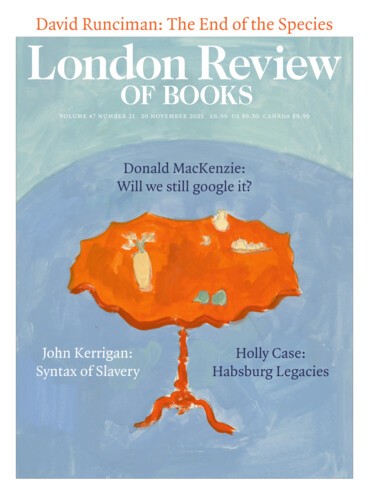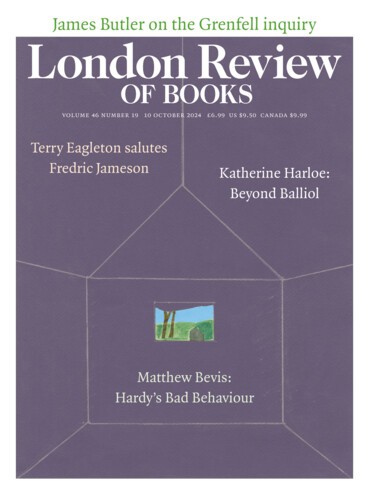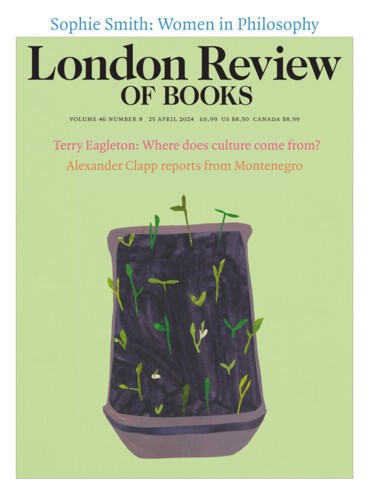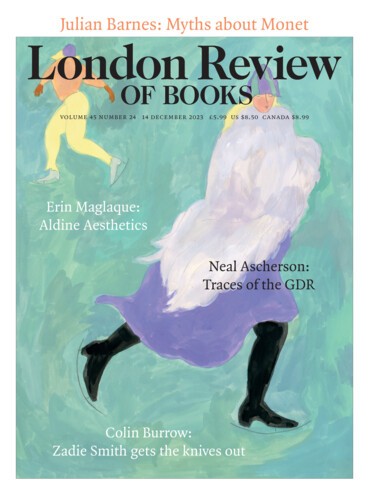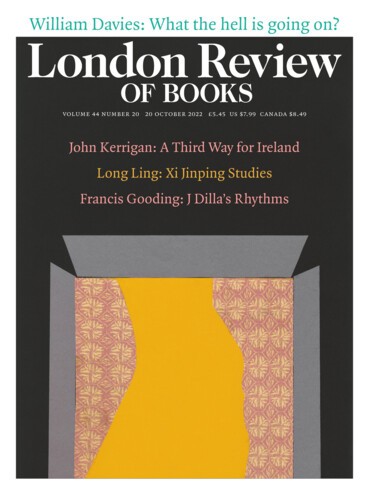No Illusions: Syntax of Slavery
John Kerrigan, 20 November 2025
Growing up in Liverpool we knew about mass violence. The Blitz had left bombsites that were thickest around the docks. The cenotaph in front of St George’s Hall told us what had happened to the men who enlisted there. Surrounded by Murphys and Rooneys you could hardly forget the Great Famine that pushed waves of Irish immigrants into Liverpool cellars and court housing. Before the...
